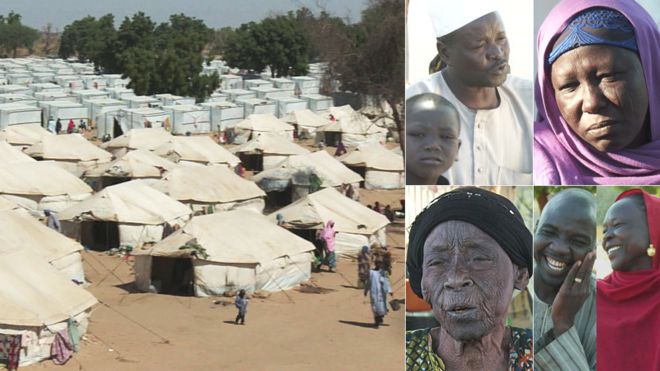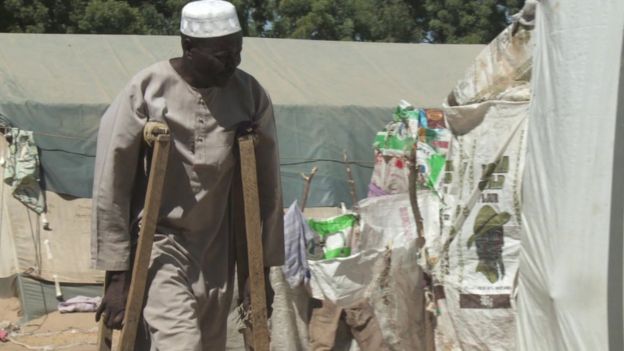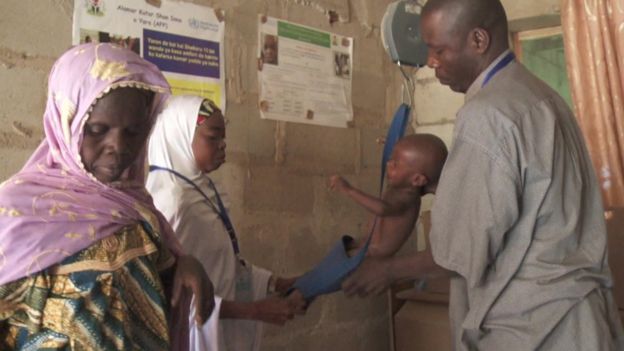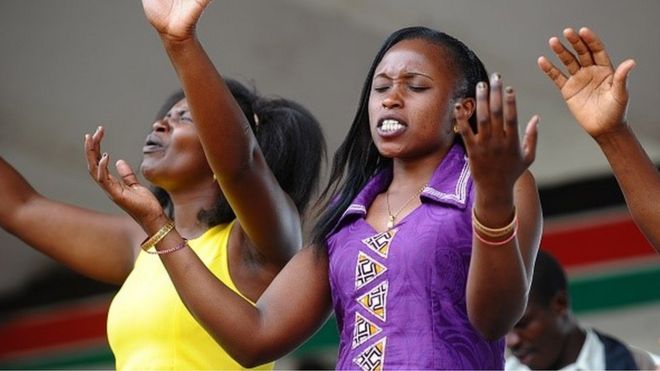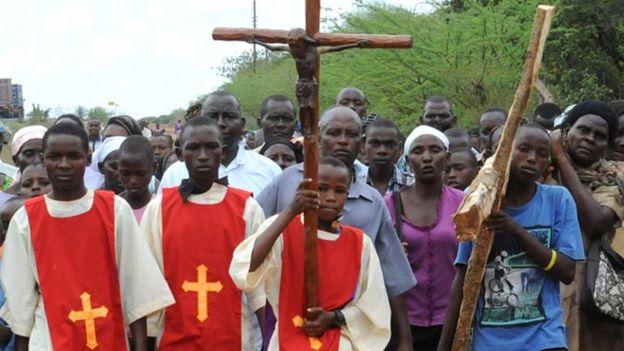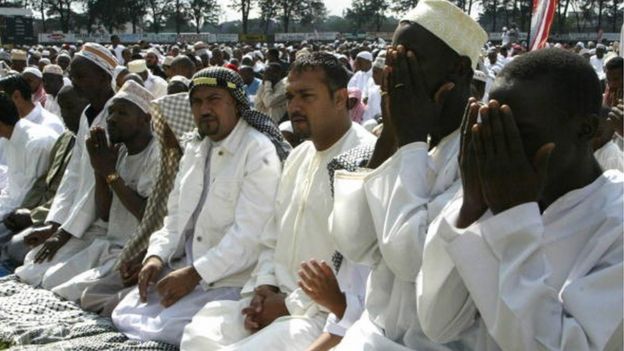http://america.aljazeera.com/articles/2015/12/17/gross-institutional-failure-by-un-on-child-sex-abuse-case.html
One young boy who initially reported an attack on his friends now says he has been raped, too.
The independent panel found that the accounts by children as young as 9 of trading oral sex and other acts in exchange for food in the middle of a war zone in early 2014 were "passed from desk to desk, inbox to inbox, across multiple U.N. offices, with no one willing to take responsibility."
Among those said to have looked the other way were the U.N. children's agency, UNICEF, as well as human rights staffers.
U.N. Secretary-General Ban Ki-moon,
in a statement, expressed "profound regret that these children were betrayed by the very people sent to protect them" and said he accepted the panel's broad findings.
The panel, led by Canadian judge Marie Deschamps, found that U.N. staffers failed or hesitated to pass the children's allegations to more senior officials, sometimes because of political concerns with France involved; showed "unconscionable delays" in protecting and supporting the children; failed to further investigate the allegations; failed to properly vet peacekeepers for past abuses; and, overall, appeared more concerned with whether one U.N. staffer had improperly alerted French authorities.
"The welfare of the victims and the accountability of the perpetrators appeared to be an afterthought, if considered at all," the report says.
As of now, more than a year and a half after U.N. staffers first heard the children's allegations of sexual abuse, no one has been arrested.
The report lays bare one of the most persistent and embarrassing problems for the U.N. and its member countries as tens of thousands of peacekeepers serve in some of the world's most volatile areas: Some vulnerable people are raped by their protectors, and often no one is punished. Many victims are children.
The children in Central African Republic's capital, Bangui, reported the abuses in the middle of deadly chaos. The country had been ripped apart by violence between Christians and Muslims, and thousands of frightened people had sought shelter in squalid camps at the airport. French and other peacekeepers were trying to establish security.
The children told U.N. staffers that they had been hungry and did what the peacekeepers asked in return for food. Almost a year passed before such allegations by a half-dozen children were made public in
media reports this past April and May, leading Ban to order the independent investigation. Only then, the new report says, did the U.N. follow up with the children it had interviewed months ago and ensure their care.
At that point, a new round of interviews found that "some children alleged further cases of sexual abuse by peacekeepers," the report says. And additional children reported abuse.
One child, who a year earlier at age 11 had told U.N. staffers about watching peacekeepers rape his friends, "now reported that he himself had been orally and anally raped."
The panel found it "appalling" that the children didn't receive immediate medical care. While UNICEF had referred the children to a local NGO partner for medical support, the panel found that in reality a social worker "devoted a total of two hours ... to listening to the children and filling out forms required by UNICEF."
The report also calls UNICEF's failure to seek out other potential victims a "serious breach" of the agency's duty to protect children.
Meanwhile, the children's allegations took months to reach top U.N. officials. The report says the head of the U.N. peacekeeping mission in Central African Republic, Babacar Gaye, was told several times about the allegations, beginning June 1, 2014, and did not act.
The report says France "took strong and immediate action" to investigate after receiving a U.N. document with the allegations in July 2014, but it called that a "stark contrast to the apparent failure of French authorities to react" in May 2014, when the U.N. human rights staffer who had interviewed the children says she spoke with French military officials.
Once the French government was informed, the report says, U.N. officials didn't follow up on the allegations because they assumed the French were handling it.
But French authorities have said they were delayed for several months by U.N. bureaucracy. Information from the U.N. started flowing after the first media reports on the allegations emerged. And one year after French authorities first arrived in Central African Republic to investigate, the report says, the U.N. allowed the human rights staffer who had interviewed the children to participate in the French investigation as a witness.
The long delay, the report says, has hurt the chances for accountability in a case involving "the most vulnerable segment of society: unaccompanied, internally displaced and hungry, young children."
U.N. officials have pointed out that the French peacekeepers were not part of the U.N. peacekeeping force that later arrived in Central African Republic, but the panel said the U.N.'s responsibility to protect human rights requires immediate action on such allegations, no matter what.
"Indeed, for victims of sexual violence, it is immaterial whether the perpetrator was wearing a blue helmet or not," the report says.
U.N. officials also have accused the human rights official who first handed French authorities the report describing the allegations, Anders Kompass, of breaching policy by not redacting the children's names. The report dismissed that argument and found that the former head of the U.N. internal oversight office abused her authority in improperly opening an investigation into Kompass in response to the "single-minded determination" of the U.N. human rights chief, Zeid Raad al-Hussein.
If the concerns about redacting the names and protecting the children from possible reprisals were real, the panel said, the U.N. would have acted to offer protection. "Instead, no one took any steps whatsoever to locate the children."
